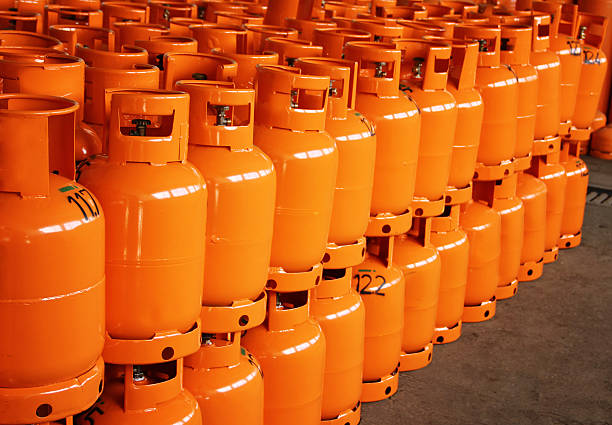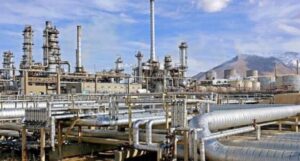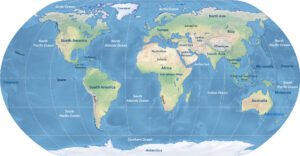
LPG Gas Bottles. LPG plant
FG STOPS COOKING GAS EXPORT TO REDUCE COST
This page is supported by Shell Nigeria. Click here for more information
GREATRIBUNETVNEWS–part of efforts to arrest the spiralling cost of cooking gas, the Federal Government has banned Nigerian National Petroleum Company Limited and Liquefied Petroleum Gas producers from exporting Liquefied Petroleum Gas produced in the country.
The action which is geared to arrest the spiralling cost of the product,is expected to take effect on November 1,this year,according to the Minister of State Petroleum Resources (Gas),Ekperikpe Ekpo.
Ekpo gave the directive on Tuesday in Abuja at a meeting with stakeholders to address the skyrocketing price of Liquefied Petroleum Gas,otherwise known as cooking gas,and its attend on Nigerians.
He also directed the Nigerian Midstream Downstream Petroleum Regulatory Authority (NMDPRA) to engage stakeholders to create a domestic LPG pricing framework within 90 days.
He maintained that indexing price to cost of in-country production, rather than the current practice of indexing against external markets,such as the Americas and Far East Asia, whereas the commodity is produced in-country and the Nigerian people are not required to pay much higher price for an essential commodity the country is naturally endowed with.
According to him,within 12 months, facilities will be developed to blend, store, and deliver LPG, ending exports until the market achieves sufficiency and price stability.
He said his directives are a step towards addressing the inherent challenges and ensuring Nigerians have access to affordable cooking gas.
He added:“The new measures aim to improve availability and ensure affordability to protect Nigerians from the economic hardship caused by LPG price hike”.
The Minister had established a committee in November 2023, led by the Authority Chief Executive of the Nigerian Midstream Downstream Petroleum Regulatory Authority (NMDPRA), Mr. Farouk Ahmed, and comprising key stakeholders in the LPG value chain.
But prices have continued to fluctuate, recently soaring to N1,500 from an average of N1,100 – N1,250 per kg,despite the efforts of the committee to reduce the cost of the product.








